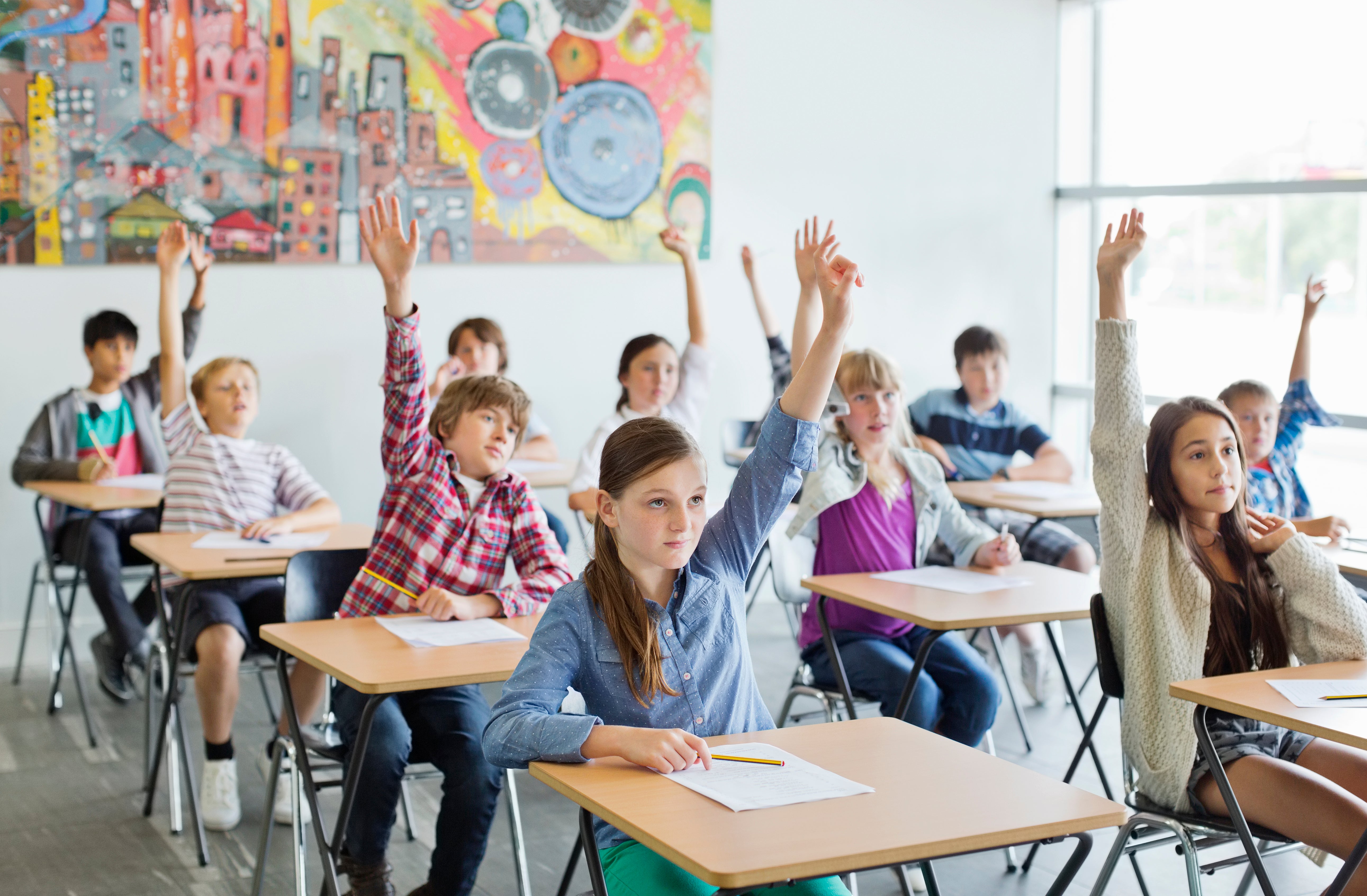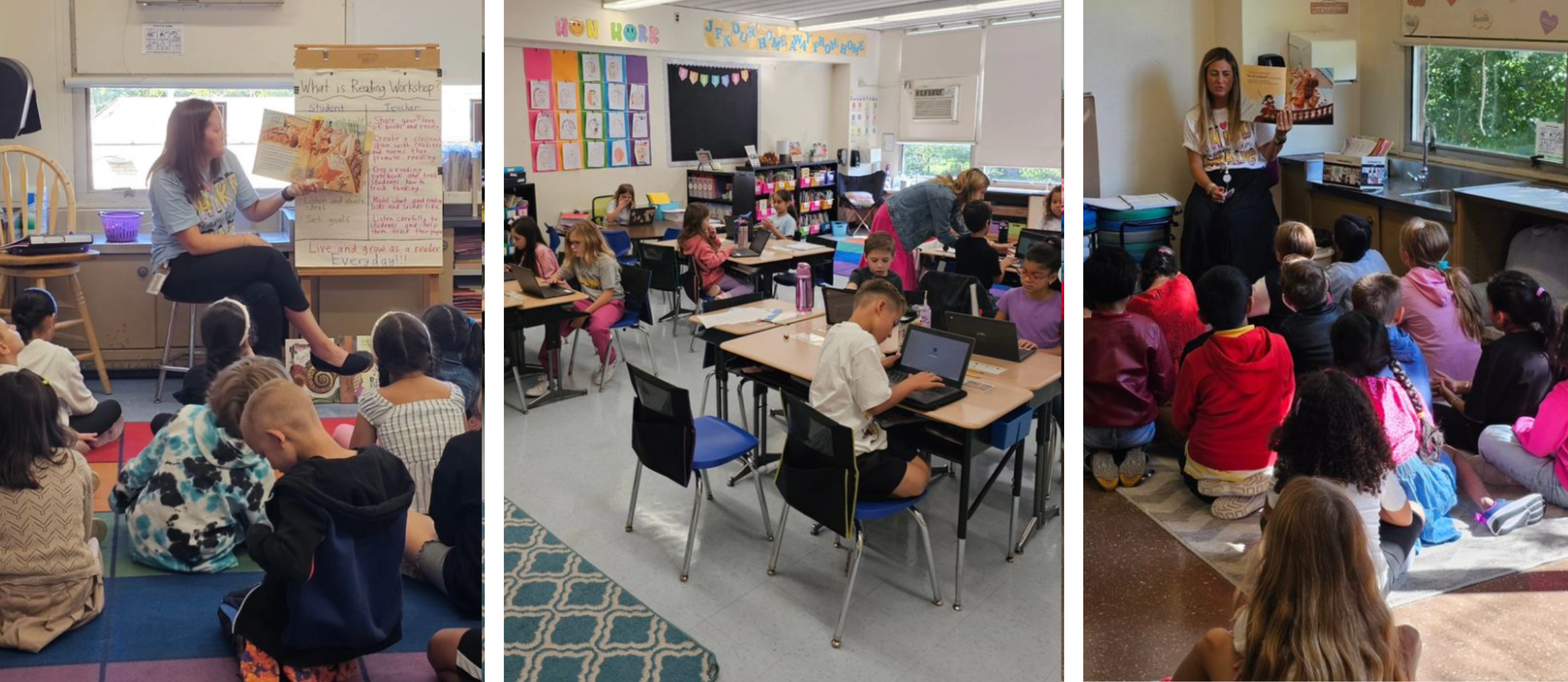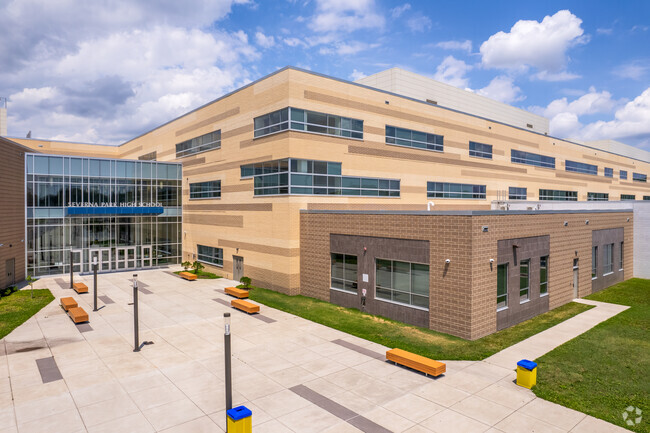Discover the Benefits of Campaigning For: Save Temecula Schools
Discover the Benefits of Campaigning For: Save Temecula Schools
Blog Article
Exactly How Schools Play a Crucial Function in Shaping Future Leaders and Innovators
By incorporating project-based learning and interdisciplinary research studies, educational organizations challenge trainees to assess and synthesize complicated info. Teachers serve as mentors, leading students and supporting their possibility, while extracurricular activities even more create leadership abilities and strength.
Fostering Critical Believing
In today's swiftly developing world, promoting critical thinking within schools has come to be paramount. As society faces progressively intricate worldwide challenges, the capacity to assess, evaluate, and synthesize information is necessary. Schools play a vital duty in developing these skills, preparing students to browse and deal with complex problems with educated, reasoned decisions.
To cultivate vital thinking, instructors use numerous pedagogical approaches that urge energetic knowing and intellectual interaction. Class discussions, problem-based knowing, and Socratic examining contribute in promoting logical and reflective mind. By challenging students to question presumptions and take into consideration multiple perspectives, these techniques make certain a deeper understanding of subject matter beyond rote memorization.
Furthermore, integrating critical thinking throughout the educational program reinforces its relevance and applicability in diverse contexts. Subjects such as maths, scientific research, background, and literary works each offer distinct chances to establish pupils' vital professors. As an example, analyzing historical occasions requires understanding and examining resources context, while clinical query needs rigorous theory screening and evidence-based reasoning.
Ultimately, instilling crucial assuming skills in students outfits them with the cognitive devices required for lifelong discovering and adaptability. It is via this fundamental skills that future leaders will be able to introduce, resolve issues, and contribute meaningfully to culture.
Motivating Imagination
Embracing creativity within instructional frameworks galvanizes students to assume beyond standard borders and discover cutting-edge options. By integrating creative ventures and creativity workouts into the educational program, institutions cultivate a setting where originality and imaginative idea are valued. This approach not only enhances the academic experience but additionally outfits students with the ability to tackle real-world challenges in unique methods.
University can cultivate creativity with varied ways such as project-based discovering, interdisciplinary researches, and the consolidation of arts and modern technology. Project-based understanding, as an example, encourages pupils to apply their understanding in useful, usually collective, tasks that require inventive analytic abilities. Interdisciplinary studies permit students to attract links in between various subjects, thereby widening their perspectives and enhancing their creative capacities.
Moreover, giving trainees with opportunities to engage with arising modern technologies, such as coding and electronic style, even more nurtures their imaginative potential. These tasks trigger students to experiment, fall short, and iterate, which are critical parts of the innovative process (Save Temecula Schools). By preserving a supportive setting where testing is urged, institutions can make sure that pupils establish the self-confidence to seek cutting-edge concepts
In essence, supporting creative thinking in instructional setups is indispensable for forming future leaders and innovators qualified of attending to complicated global issues with resourcefulness.
Supporting Cooperation

Implementing group-based learning components and cooperative tasks allows trainees to experience the dynamics of team effort firsthand. This not only prepares them for the joint nature of contemporary work environments however also nurtures management top qualities as they commonly need to handle roles such as project managers or team planners. In addition, partnership in the classroom can break down social obstacles and advertise inclusivity, ensuring that each pupil really feels valued and listened to.
Moreover, integrating innovation can additionally support joint efforts. Tools like shared digital work spaces and interactive systems make it possible for pupils to function together effectively, also outside the class. As students develop these collaborative abilities, they are much better equipped to take on complex challenges and introduce, laying the groundwork for their future roles as leaders and pioneers.
Function of Teachers as Mentors

Mentorship involves customized interest, where teachers determine and support individual staminas and address weaknesses. Save Temecula Schools. Through one-on-one interactions, instructors can tailor their guidance and assistance to satisfy each trainee's one-of-a-kind needs, fostering a feeling of self-confidence and strength. This personalized method grows a development attitude, motivating trainees to check out failings as opportunities for discovering and growth
In addition, educators work as good example, demonstrating the worths of compassion, stability, look at this site and willpower. Their activities and mindsets give a blueprint for pupils to imitate, instilling a sense of moral responsibility and social recognition. By creating a comprehensive and encouraging class atmosphere, instructors enable pupils to create social abilities that are vital for reliable leadership.
Basically, the mentorship given by educators lays a foundational framework for the development of future leaders, outfitting them with the knowledge, skills, and worths needed to master an ever-evolving world.
Influence of After-school Activities
When integrated efficiently right into the instructional structure, extracurricular activities my response significantly improve student advancement and leadership capacity. These activities offer students with possibilities to explore passions beyond the conventional curriculum, cultivating a versatile skill set.
Additionally, extracurricular participation encourages creativity and advancement. Pupils engaged in dispute, music, or drama clubs find out to think seriously and method problems from diverse viewpoints. These experiences infuse confidence, making it possible for students to articulate their ideas and take campaign in numerous settings. By working together with peers from different backgrounds, pupils also establish empathy and interaction skills, important characteristics for future leaders.
Research study shows that students included in such programs tend to have higher qualities and better participation records. Hence, schools that prioritize a balanced approach to education, integrating durable extracurricular programs, are extra most likely to generate trendsetters and leaders outfitted to satisfy the difficulties of the future.

Verdict
In conclusion, institutions considerably form future leaders and trendsetters by supporting important thinking, creative thinking, and partnership among pupils. By fostering an encouraging atmosphere that values private toughness and teamwork, colleges gear up pupils with the needed abilities to navigate future difficulties and drive development.
As students establish these collective abilities, they are much better geared up to deal with complicated difficulties and introduce, laying the groundwork for their future duties as leaders and pioneers.
By cultivating crucial thinking and problem-solving abilities, educators aid trainees browse complex obstacles, preparing them for management functions in numerous areas.
By collaborating with peers from various histories, students additionally develop compassion and interaction skills, necessary qualities for future leaders.
In final thought, schools significantly shape future leaders and pioneers by nurturing critical reasoning, creativity, and cooperation among trainees. By fostering an encouraging setting that values private toughness and synergy, institutions equip pupils with the needed abilities to browse future challenges and drive technology.
Report this page